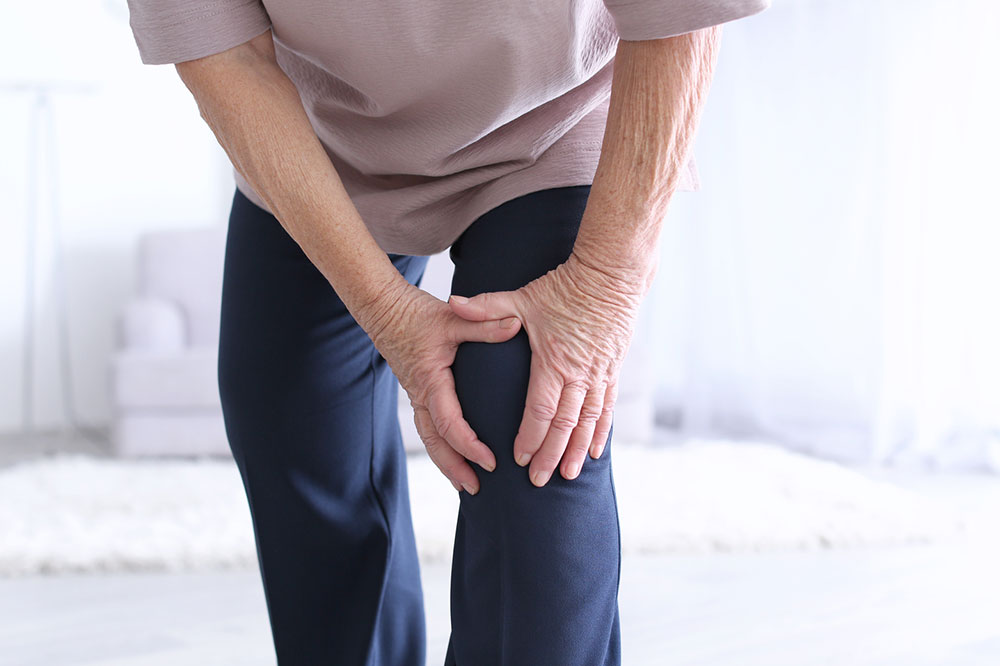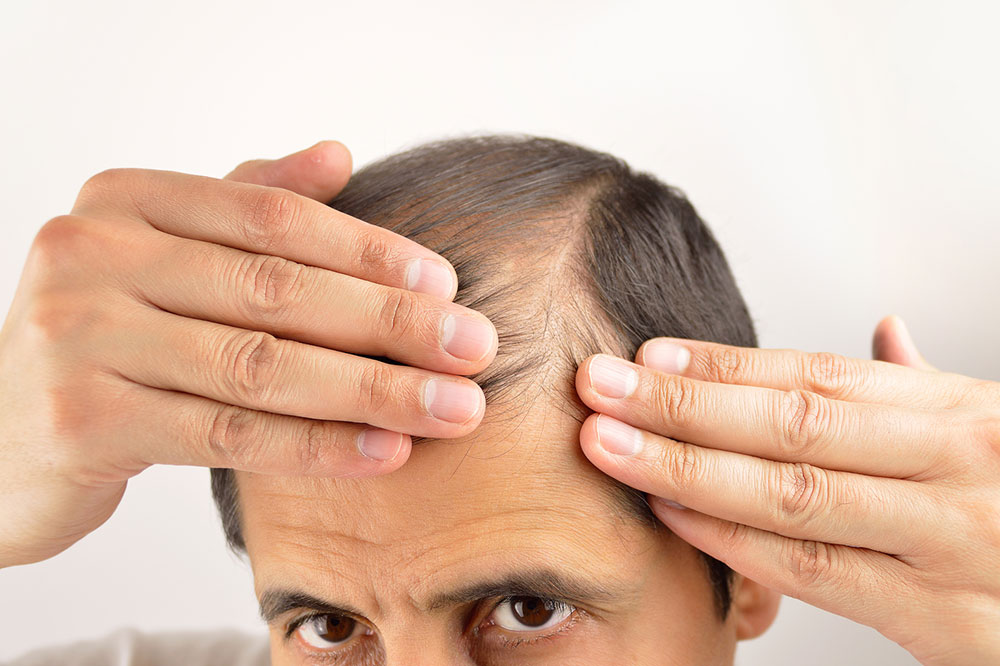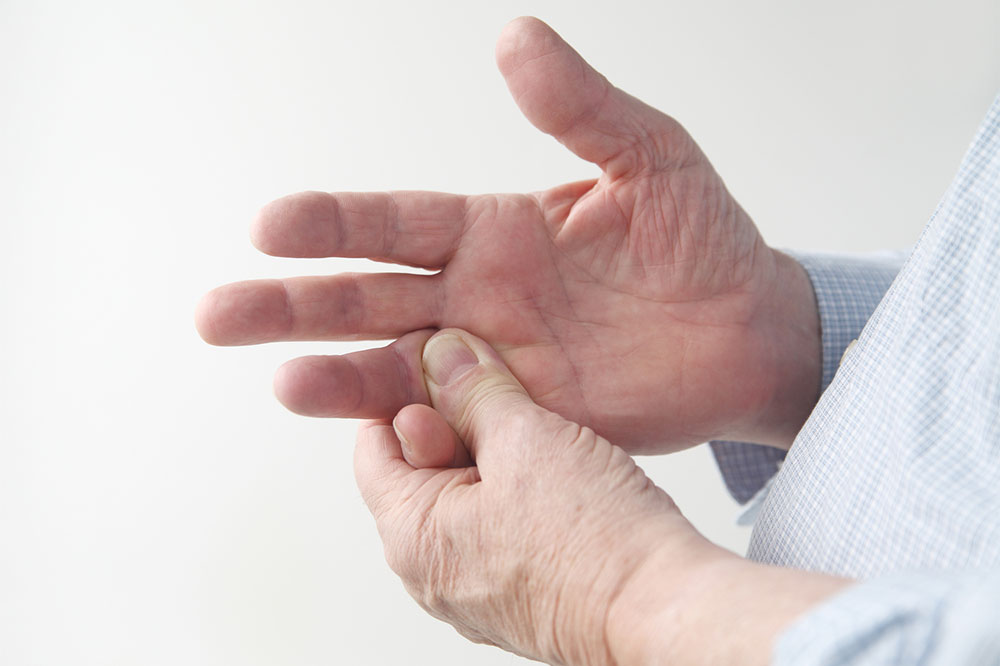6 lifestyle habits that may disrupt menstrual cycle

The menstrual cycle is a complex natural process controlled by female hormones and causes regular bleeding (periods). However, this cycle could be interrupted due to several factors, including pregnancy, menopause, or underlying health complications. As a result, the period may occur early or late, along with a difference in the blood flow. But apart from natural factors, one might also make these six lifestyle errors that may affect their menstrual cycle.
Stressing out
Stress caused by factors, including work, personal issues, or other reasons, could be unhealthy for one’s overall well-being. When an individual is stressed, it may cause problems with the gonadotropin-releasing hormone (GnRH), which helps regulate ovulation and menstruation. So the period may stop or change from its normal pattern. While this may not cause long-term problems, it is recommended to look for ways to reduce stress. For example, one could indulge in yoga, tai-chi, breathing exercises, and other techniques to improve mental well-being.
Exercising excessively
Regular exercise is one of the best ways to maintain physical and mental health. However, intense routines may apply more stress on the body, which might tamper with the hormones responsible for the period. Therefore, it is important to avoid high-intensity exercises if one’s menstrual cycle is affected. If an individual is a professional athlete, they must ask a healthcare expert about ways to maintain their performance without having period problems.
Sleeping poorly
The human body requires at least seven to eight hours of sleep daily so it can reenergize and function normally. However, with unpredictable work schedules, getting the right amount of sleep at night could get more challenging. The lack of sleep may lead to multiple health complications, including changes in one’s menstrual cycle. Studies indicate that certain individuals who got less than six hours of sleep were at an increased risk of an irregular period cycle. They could also be susceptible to heavy bleeding during the cycle compared to healthy sleepers.
Eating unhealthy foods
Unhealthy foods, including sugary drinks, desserts, and processed foods, are undoubtedly harmful to the body. Adding these to meals does not offer any nutritional value. So, those who eat unhealthy foods risks triggering an irregular menstrual cycle, premenstrual symptoms, and dysmenorrhea. Even following a sudden new meal regime or binge eating may affect hormones and disrupt the menstrual cycle.
Taking contraceptives without an expert opinion
An individual may miss a period more than once if they take a contraceptive pill, which is not usually a cause for concern. However, certain contraceptives may result in bringing periods to a complete halt. Therefore, before taking a contraceptive, one must always consult a healthcare expert about the ideal preventive option.
Not seeking treatment
Another mistake women make is taking missed menstrual cycles lightly. Though a late or missed period may occur occasionally, sometimes it might be due to certain diseases and also these unhealthy lifestyle habits listed above. Therefore, if an individual notices any constant irregularities in their menstrual cycle, they should visit a healthcare expert who could help diagnose and indicate ways to treat the complication. A few signs to look for include changes in period patterns, heavy flows, and cycles that last more than eight days or occur less than 21 days apart. Other reasons to visit a doctor are painful symptoms affecting daily activities, bleeding between periods, and bleeding after sexual intercourse.







